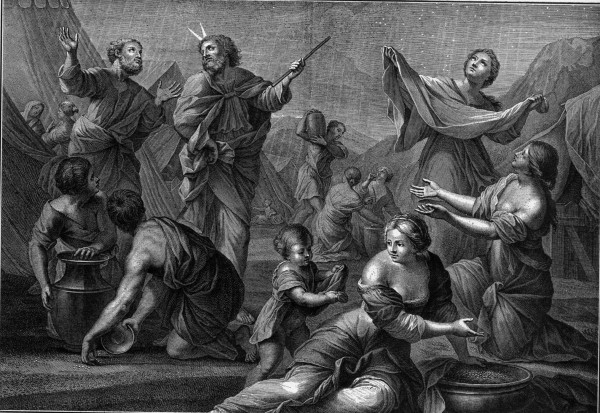Authentic, no Lie
 Tuesday, May 22, 2012 at 3:30PM
Tuesday, May 22, 2012 at 3:30PM

I was reading the local English monthly Fukuoka Now today when I noticed an ad for the Jerusalem Shisha Bar. It claimed that they served "authentic Israeli food".
I couldn’t help but wonder what that was supposed to be. Lessee: falafel? Nope, that's Egyptian. Hummus and baba ghanoush? Those are from the Levant.
Even the shisha the bar boasts of originally came from India and Iran, the word shisha being derived from the Persian word shishe which means “glass”.
Hmm.
And, to think the Israeli owner of Jerusalem Shisha Bar had kicked a Turkish friend of mine out because he was afraid his recipes would be stolen! It doesn’t get richer than that.
Wired the way my brain is, I am reminded of a scene from that wonderful sitcom Seinfeld in which George Castanza says to his friend, "Jerry, just remember, it's not a lie if you believe it."
Last Monday, May 15th, was the 64th anniversary of the Nakba, or the exodus/expulsion of as many as 80% of the Palestinians from their homes. Many remain in refugee camps today. The Palestinian refugees in Lebanon at one time numbered 500,000 in a country of only 1.5 million people. The notion of Israeli culture, including the idea of "authentic Israeli cuisine" which has developed since, I feel, is based not so much upon a lie, but on the mythology first promoted by the early Zionists and promulgated by politicians such as Israel’s current Prime Minister. That mythology was a seed which bloomed, turning what was once an Arab land into today’s Jewish state in a remarkably short period of time.
"In 1947, the indigenous Palestinians were the overwhelming majority in the country and owned much of the land," writes Nur Masalha, senior lecturer and director of the Holy Land Research Project at St Mary’s College, University of Surrey, England. "The Jewish community (mainly European settlers) was about a third of the total population and owned, after fifty years of land purchases, only 6 per cent of the land." (See Center for World Dialogue)
He continues, "The myth of 'a land without a people' is not just an infamous fragment of early Zionist propaganda: it is ubiquitous in much of the Israeli historiography of nation-building. A few weeks after the 1967 War, Israel’s leading novelist, Amos Oz, drew attention to the deep-seated inclination among Israelis to see Palestine as a country without its indigenous inhabitants:
‘When I was a child, some of my teachers taught me that after our Temple was destroyed and we were banished from our country, strangers came into what was our heritage and defiled it. The desert-born Arabs laid the land waste and let the terraces on the hillsides go to ruin. Their flocks destroyed the beautiful forests. When our first pioneers came to the land to rebuild it and to redeem it from desolation, they found an abandoned wasteland. True, a few backward, uncouth nomads wandered in it.’
“Even in the 1990s, Israeli leaders such as Benjamin Netanyahu were still propagating the myth of an underpopulated, desolate and inhospitable land to justify the Zionist colonisation of Palestine and obliviousness to the fate of its native inhabitants. Moreover, this (mythical) continuum between the ancient and the modern means this is a difficult land, one that resists agriculture and that can only be 'redeemed' and made to yield up its produce by the extraordinary effort of Jewish immigrants and Zionist pioneers. It mattered little that in reality most of Palestine, other than the Negev, was no desert but an intensely and successfully cultivated fertile land."
It is really far too complicated a subject to try to address in a single blog post, but seeing that advertisement got me to thinking about more than just stolen recipes.
On a lighter note, my sister-in-law suggested that the Jerusalem Shisha Bar might serve manna, which was one of the funniest things I'd heard all week.
In my freshman Old Testament class at Jesuit High School I learned that manna might have been bird shit or possibly locusts. A more recent study has postulated that manna was a kind of psilocybin mushroom. If true, this would go a long way to explaining the burning bush and other hallucinations, such as Palestine being the Jewish homeland since time immemorial.
